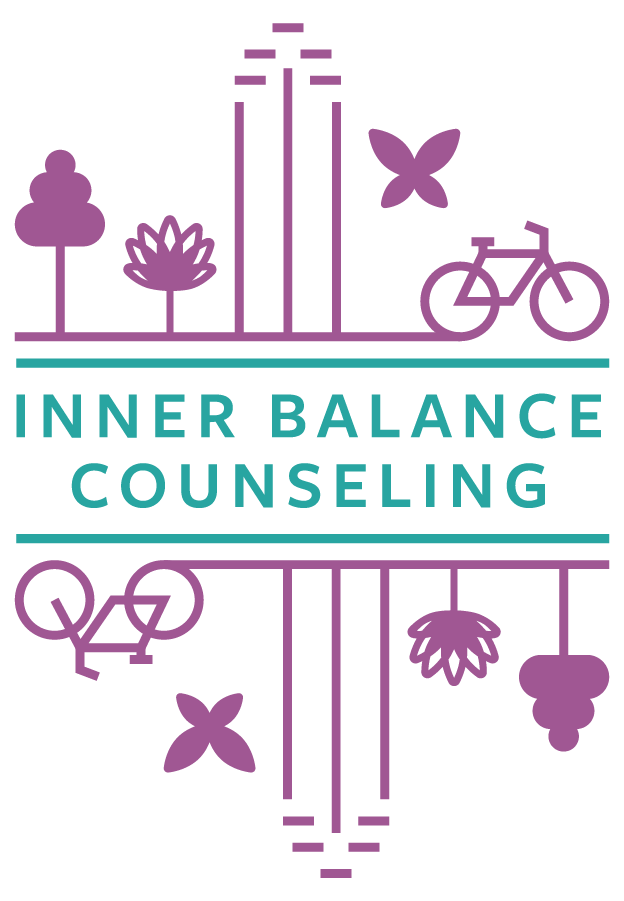Overwhelmed by the Election? 5 Ways to Cope with the Anxiety
Many of our clients feel hopeless, powerless, and angry about the upcoming election. A constant stream of messages from political parties, heated arguments with family, and lack of control over the outcome create overwhelming stress and anxiety. This shows up in different ways, including:
Racing thoughts
Sweaty hands
Rapid heart rate
Obsessively checking the news or social media
Irritability
Poor sleep
Tense muscles
We work with our clients to find ways to manage their anxiety while empowering them to lead meaningful lives. This voting season, use the below tools to help protect yourself from overloading on election anxiety and live in ways that are meaningful to you:
1. Check-in with your anxiety. Mindful awareness of your anxiety can help you catch it before it reaches a breaking point. Think through what’s happening in your mind and body when you start to feel anxious. What triggers you? What pushes you from mild or moderate anxiety to high anxiety?
2. Reframe thoughts that don’t serve you. Many of our clients catastrophize about politics, saying things like “There is no hope if ____ is elected” or “Our country won’t be able to recover if ____ law is passed”. Reframing those thoughts can help you focus on moving forward, even when results do not go the way you would hope. For example, you could instead tell yourself something like, “Bad things have happened in history in the past, but people have shown resilience. I can focus on finding new ways to support my community.”
3. Be mindful of your social media and news intake. While it is important to stay informed, constant news and updates can cause you to become overwhelmed and shut down. Taking breaks from news or social media can have huge benefits for your mental health, allowing you to stay present and engaged in ways that matter. Turn off your notifications for as long as you need and take in news at a rate that works for your mental health.
4. Approach differing viewpoints with curiosity instead of judgment. Approaching political discussions with curiosity can help create productive conversations. People are more likely to respond well to a curious tone, rather than a harsh or condescending one. Even if you do not agree with everything discussed, you might be able to learn something new.
5. Focus on ways you can support causes that you care about. When you feel powerless, one of the best things you can do is take action. What type of causes do you care about? How can you help someone in need? Find organizations that directly impact these causes. Even if you cannot control the outcome of the election, you can make a difference for your community.
